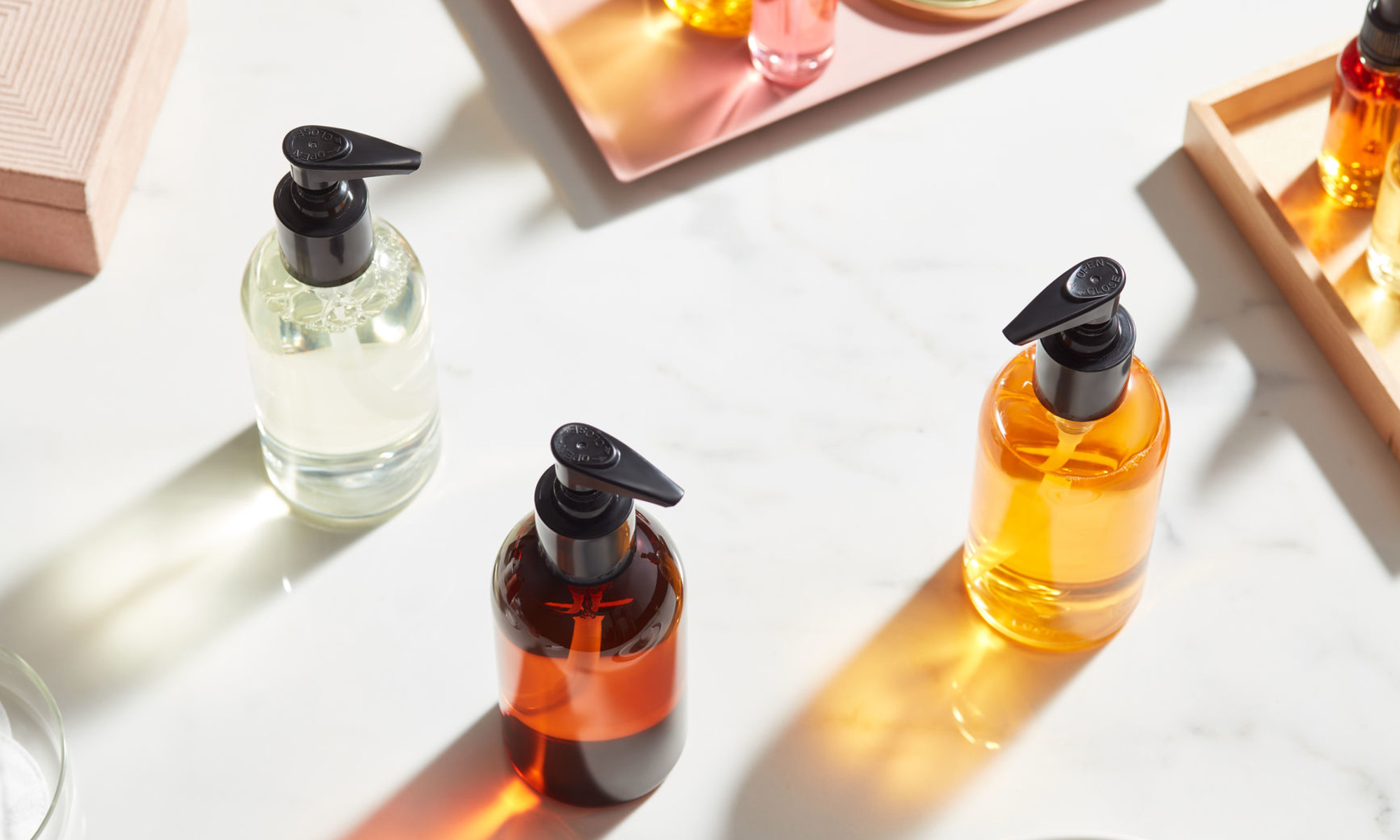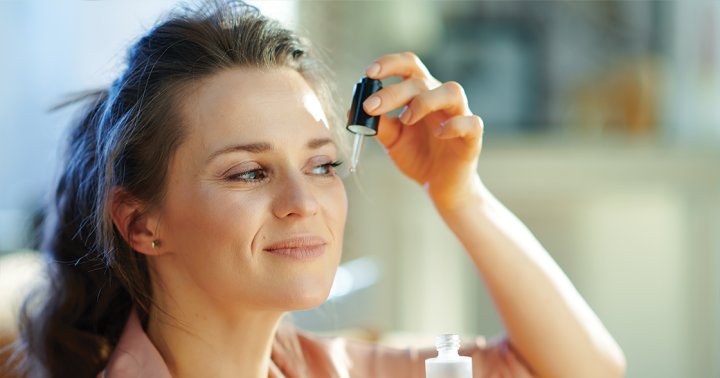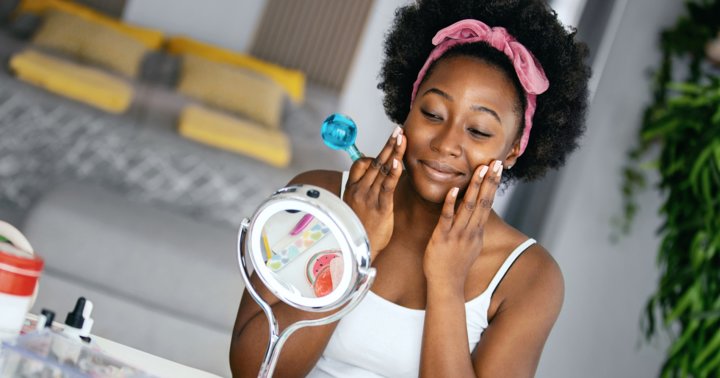These 3 Skin Care Rumors Are Everywhere Right Now — Here's The Truth
Don't believe everything you see on TikTok.


mbg Assistant Beauty Editor
mbg Assistant Beauty Editor
Hannah Frye is the Assistant Beauty Editor at mindbodygreen. She has a B.S. in journalism and a minor in women’s, gender, and queer studies from California Polytechnic State University, San Luis Obispo. Hannah has written across lifestyle sections including health, wellness, sustainability, personal development, and more.
Image by Martí Sans / Stocksy June 12, 2023 Our editors have independently chosen the products listed on this page. If you purchase something mentioned in this article, we may We'll go ahead and assume everyone knows the difference between a TikTok video and a visit to the dermatologist, but sometimes they do result in the same action: You hear skin care advice, and you take it. But the rumors on skin care TikTok have been quite startling lately, so we’re here to put out a few fires for the sake of healthy, happy skin. 
Advertisement
This ad is displayed using third party content and we do not control its accessibility features.
1. This one is actually just dangerous for your skin barrier. If someone tells you that affordable, simple moisturizers don’t do anything for your skin, please know that’s not true. Of course, certain moisturizers better suit some people than others, but broadly stating that moisturizers you find at the drugstore won’t do anything is simply incorrect. If you feel like your moisturizer isn’t working, as in it’s not adequately hydrating your skin, it might be too lightweight of a formula for your skin type. On the flip-side, some people experience tiny bumps and clogged pores when using certain moisturizers. If this sounds familiar, shop for an acne-friendly product—here’s our list of the best moisturizers for those prone to breakouts. Just remember overall: Moisturizer is your friend, not your foe. 2. Look, tretinoin and other prescription-grade retinol products can be extremely beneficial for some people, especially those struggling with persistent or inflammatory acne. But that doesn’t mean that over-the-counter (OTC) retinol is useless. To understand the difference between OTC and prescription-strength retinol products, you’ll have to be familiar with the retinol hierarchy. From “weakest” to “strongest,” the order goes like this: retinyl esters, retinol, retinaldehyde, and then retinoic acid. Those “weaker” forms of retinol simply take more conversions to reach retinoic acid, which is why they’re gentler on the skin—as the list grows closer to retinoic acid, they take less conversions. For example, retinaldehyde1 is only one step away from retinoic acid, whereas prescription-strength options have a higher concentration or retinoic acid. Some people may see this as a downside (namely, those simply looking for the strongest formula out there) but it’s actually beneficial to start at the bottom and work your way up, especially if you’re prone to sensitivity. So yes, it’s true that retinoic acid is a superstar form that does most of the heavy lifting, but the other retinol forms do convert to it eventually. Both options are great, but again, prescription-grade products aren’t universally fit. This ad is displayed using third party content and we do not control its accessibility features. 3. Just because collagen supplements for skin are still in the early stages of research doesn’t mean there are no benefits at all. The apprehensive attitude toward collagen supplements is fair, given that not every formula is created with hydrolyzed collagen peptides—the form used in much of the recent research. You should know that orally-ingested, hydrolyzed collagen peptides are able to support skin elasticity and dermal collagen density2—which is why some people note “younger-looking skin” as a possible result. What’s more, collagen peptides have been shown to help promote the body's natural production of collagen3 and other molecules that make up the skin, like elastin and fibrillin. “Hydrolyzed collagen is predigested so it does not go through that first-pass digestion in the GI tract,” board-certified dermatologist Joshua Zeichner, M.D. previously told mbg. “The collagen fragments can be absorbed as-is and circulate throughout the body to exert their effects." Knowing these nuances, we created a carefully curated list of the best collagen supplements on the market right now—you can browse it here if you’re ready to learn more. This ad is displayed using third party content and we do not control its accessibility features."Conventional moisturizers don’t do anything"
"Only prescription-grade retinol actually works"
Advertisement
"There’s no evidence behind collagen supplements"
Advertisement
The takeaway
Skin care myths are everywhere. A few popular misconceptions include anti-moisturizer claims, deeming OTC retinol ineffective, and stating that collagen supplements have zero known benefits. The last one is highly complex, so read up on the detailed information behind collagen supplement research here if you’re still curious.

 Lynk
Lynk 






























![Run An Ecommerce SEO Audit in 4 Stages [+ Free Workbook]](https://api.backlinko.com/app/uploads/2025/06/ecommerce-seo-audit-featured-image.png)
